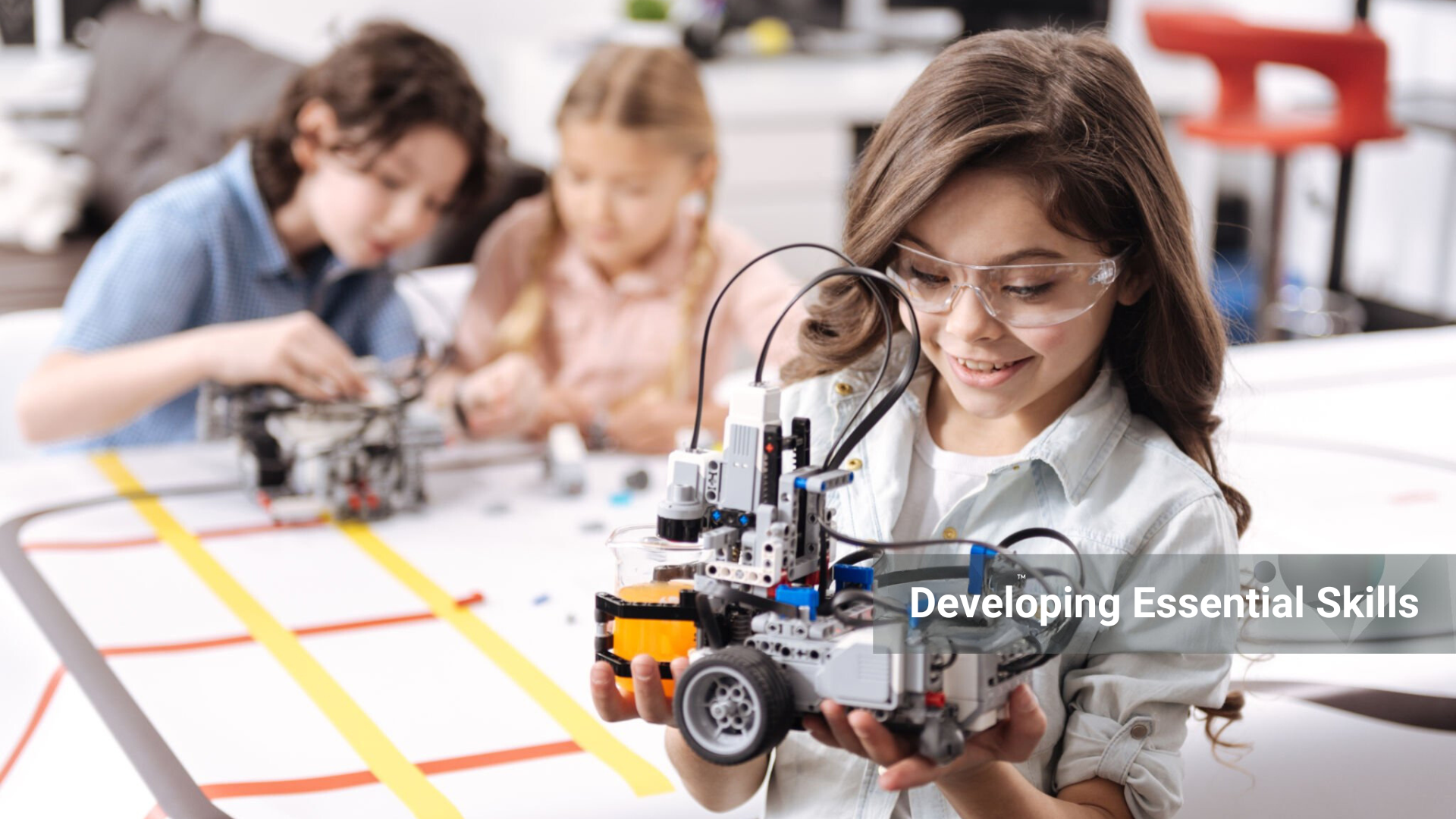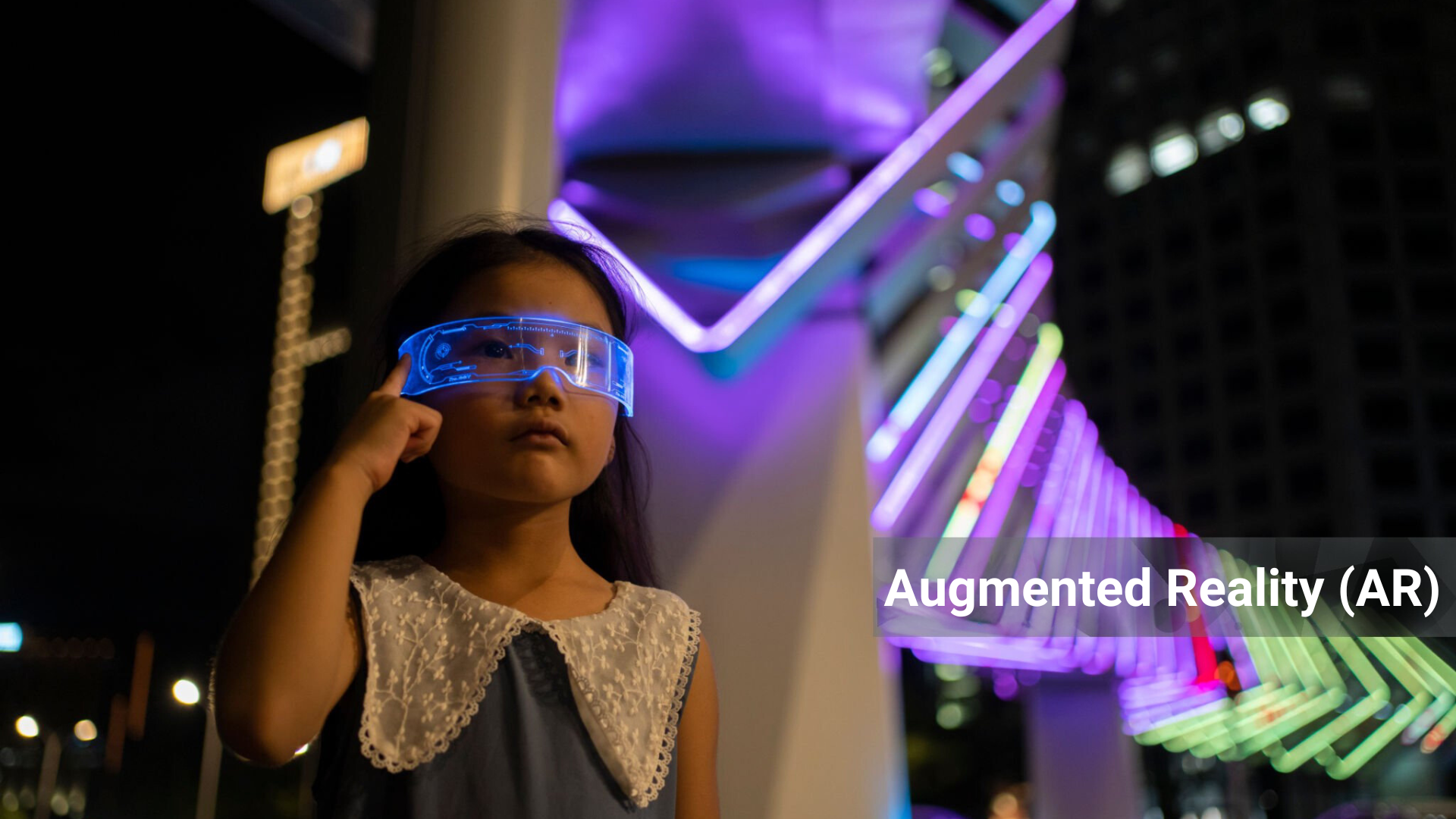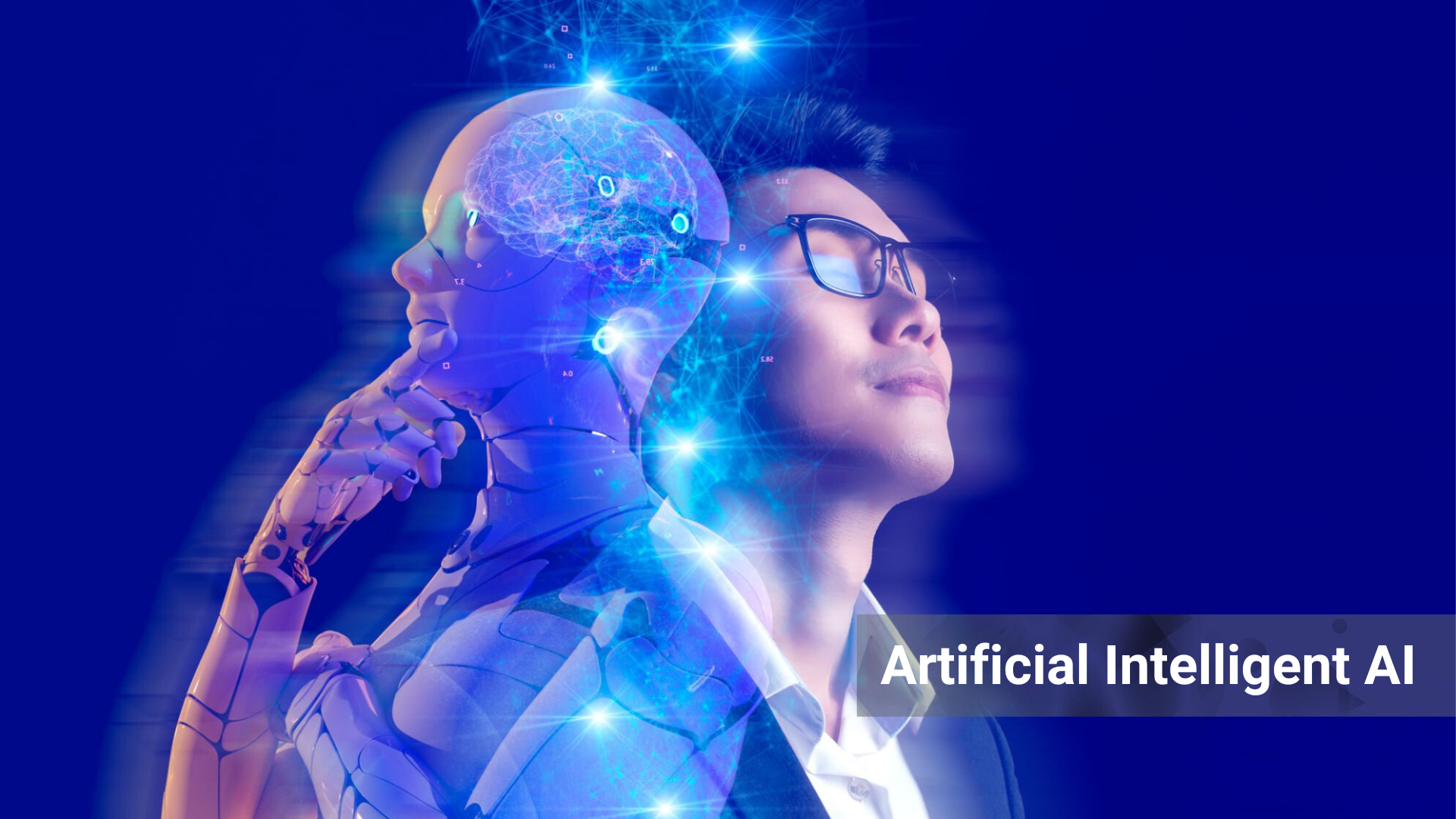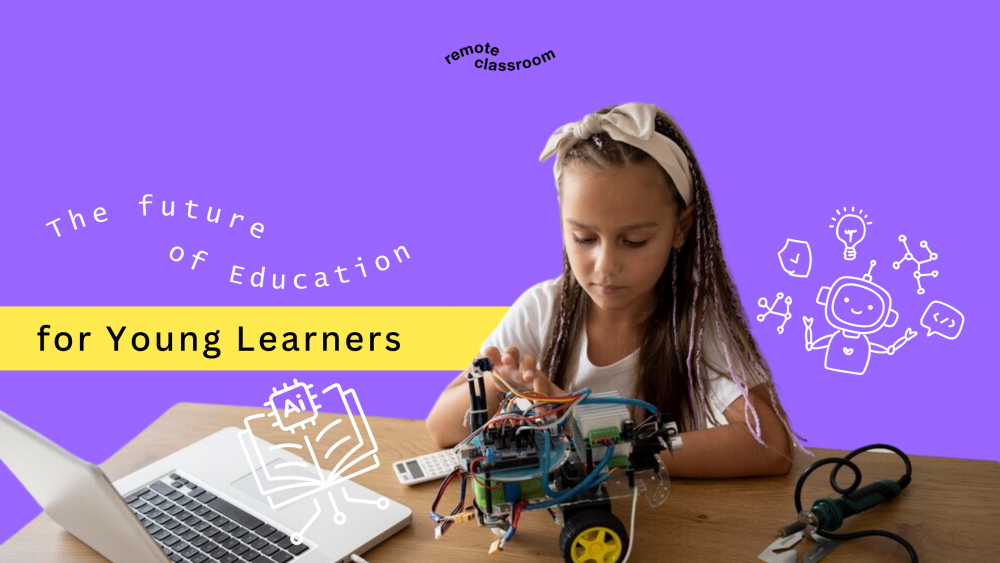At present, technology is posing overwhelming advances causing a drastic stir in the education landscape, especially in the future of education among young learners. This transformation reshapes young learners’ perception of their educational journeys, altering methodologies, subject curricula, and attitudes toward learning. The traditional classroom is giving way to innovative approaches that better align with the needs and realities of young learners like those in Gen Alpha, the children who have never known a world without the Internet or social media. To prepare them for an unpredictable future, it is imperative to integrate several key aspects into modern education.
Developing Essential Skills for Young Learners

Young learners adapt themselves to developing 21st-century skills. Image by iStockphoto.
In the rapidly changing job market, essential skills such as critical thinking, creativity, collaboration, and communication are becoming increasingly valuable. These skills, often referred to as “21st-century skills,” are crucial for students to navigate complex challenges and thrive in diverse environments. Emphasizing these competencies helps students adapt to various career paths and life situations, fostering lifelong learning and adaptability.
Effectiveness of Personalized Learning for Young Learners

A young learner enjoys a personalized learning experience with a teacher. Image by iStockphoto.
Personalized learning tailors educational experiences to individual students’ needs, preferences, and learning styles. By leveraging technology, educators can create customized learning plans that address the unique strengths and weaknesses of each student helping improve learning outcomes by ensuring that students receive the support they need to succeed.
Integrated Project-based Learning

A group of young learners immersed in doing hands-on activities and fun activtities. Image by iStockphoto.
Project-based learning (PBL) is an instructional methodology that encourages students to learn by actively engaging in real-world and meaningful projects. This hands-on approach promotes deeper understanding and retention of knowledge. PBL fosters critical thinking, problem-solving, and collaborative skills as students work on projects that often integrate multiple subjects and require practical application of their learning.
Fostering Global Citizenship Among Young Learners

Young learners should be prepared to be involved in cross-cultural collaboration. Image by iStockphoto.
In an interconnected world, education must transcend local boundaries to instill a sense of global citizenship in students. This involves understanding and addressing global issues, appreciating cultural diversity, and developing empathy and ethical responsibility. By integrating global perspectives into the curriculum, educators can prepare students to contribute positively to the world and engage in cross-cultural collaboration.
Introducing Teachers as Mentors to Young Learners

Teachers are regarded as mentors for young learners. Image by iStockphoto.
The role of teachers is evolving from being mere knowledge providers to becoming mentors and facilitators of learning. Teachers today guide students in their learning journeys, providing support, feedback, and encouragement. This shift helps cultivate a more personalized and supportive learning environment where students feel empowered to take charge of their education.
The Roles Virtual Reality (VR) and Augmented Reality (AR) in Education

Young learners are ready for Virtual Reality and Augmented Reality integration in education. Image by iStockphoto.
VR and AR technologies are transforming how students interact with educational content. VR can create immersive learning experiences, allowing students to explore historical events, scientific concepts, and far-off places in a deeply engaging way. AR enhances real-world environments with digital information, making learning more interactive and contextually relevant. These technologies can make abstract concepts tangible and accessible, thereby enhancing comprehension and retention.
Leveraging Artificial Intelligence (AI) in Education

Are AI tools beneficial for young learners? Image by iStockphoto.
AI has the potential to revolutionize education by providing intelligent tutoring systems, automating administrative tasks, and offering data-driven insights into student performance. AI-powered tools can adapt to individual learning needs, offering personalized feedback and resources.
Big Data in Education

Image by iStockphoto.
The use of big data in education involves analyzing vast amounts of information to gain insights into student performance, learning patterns, and educational outcomes. By leveraging big data, educators can make informed decisions, identify at-risk students, and tailor interventions to improve educational outcomes. This data-driven approach helps create more effective and responsive educational environments.
The future of education is promising with the integration of Developing Essential Skills, Personalized Learning, Project-Based Learning, Global Citizenship, Teacher as Mentor, Virtual Reality (VR), Augmented Reality (AR), Artificial Intelligence (AI), and Big Data. It’s never too late for our educators to adapt to these emerging trends, which are challenging the current educational status quo.
As the majority of future educators for young learners will come from Generation Y and Generation Z, with a few from Generation X, it is crucial for them to embrace these new methodologies which will better equipped young learners for the challenges and opportunities of the future.
The call to action for educators is clear, embrace innovation, adapt to new teaching paradigms, and strive to create dynamic, engaging, and inclusive learning environments. This proactive approach will ensure that our education system remains relevant and effective in nurturing the next generation of thinkers, leaders, and innovators.

